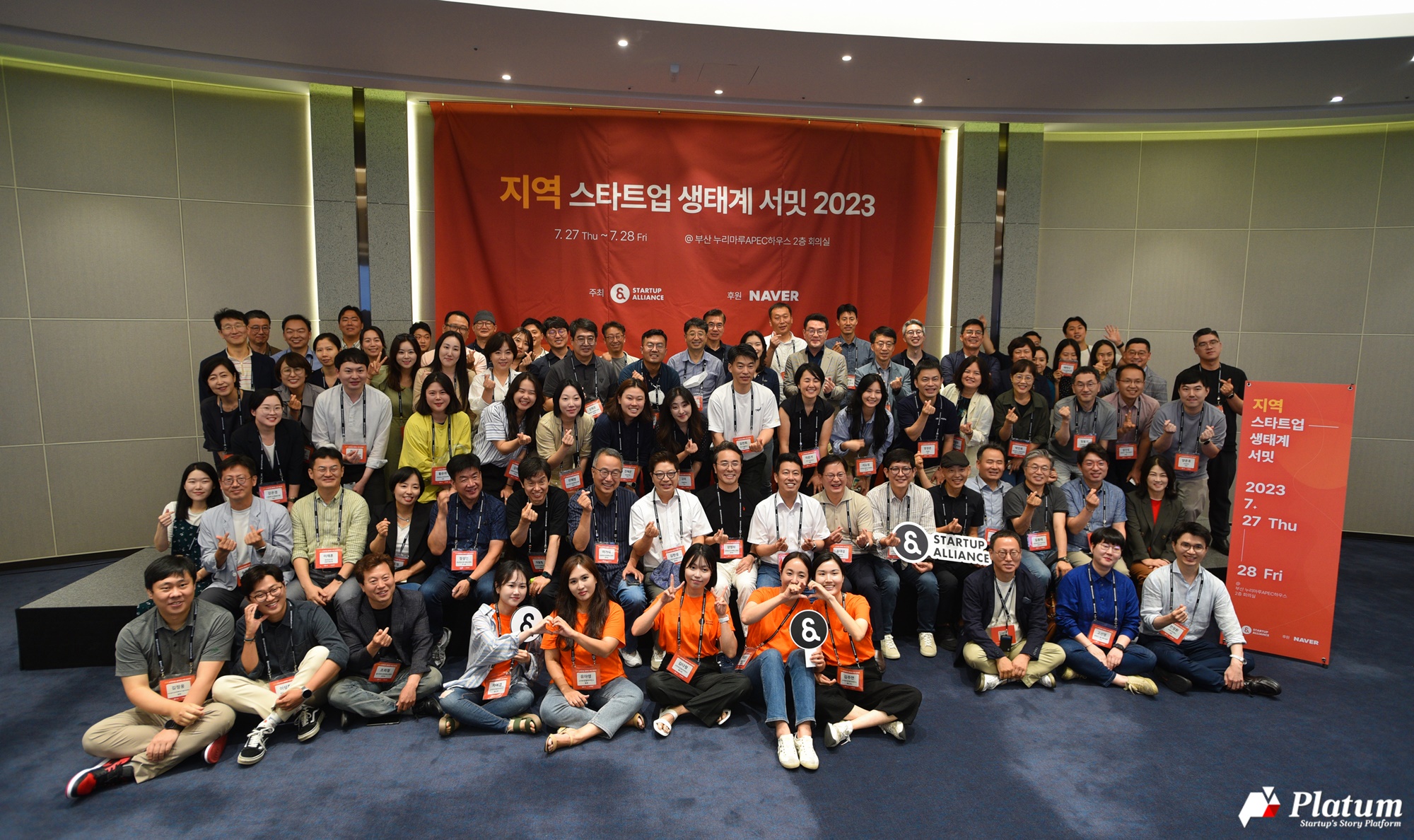
Entrepreneurship, represented by startups, is the economic buzzword in every country. Every country recognizes that startups are the engine that will drive the national economy in the future. In line with this, many unicorn companies have been created to represent the country.
Korea’s startup ecosystem started with a program called “Venture” after the IMF. The IMF inevitably gave birth to many entrepreneurs in Korea. This was further fueled by the widespread Internet network. The second venture boom came as the government supported with fund of funds and private founders and venture capitalists accumulated experience and skills. The government is also shifting its economic growth policy from a focus on large companies to innovative small and medium-sized enterprises, and is promoting support for ventures and startups and institutional innovation. As a result, the domestic startup ecosystem is considered well-established by global standards.
However, the problem is that the startup ecosystem is concentrated in the Seoul metropolitan area. Not only the absolute number of companies, but also investment capital and talent are concentrated. There are local entrepreneurs who continue to create meaningful challenges within these constraints, but it is greedy to hope that quality crops will grow in a place with low soil fertility. So, what can be done to address the imbalance in the country’s startup ecosystem, which is concentrated in metropolitan areas? More than 100 people from the regional startup ecosystem, including local startups, investment firms, startup support organizations, large corporation, and universities, gathered in Busan to propose ways to revitalize the regional startup ecosystem.
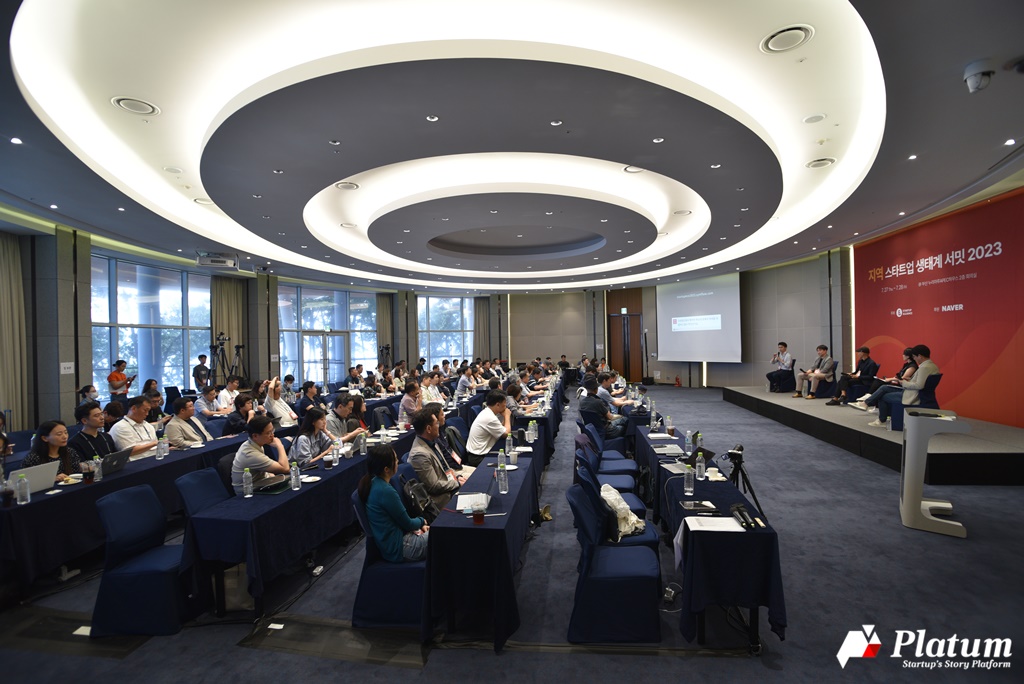
The Regional Startup Ecosystem Summit was held on July 27-28 at the Nurimaru APEC House in Busan and hosted by Startup Alliance, a private sector collaboration organization for startups. The event was organized to bring together members of the regional startup ecosystem to discuss various ways to develop the regional ecosystem from different perspectives.
The summit featured a total of 25 speakers and moderators who presented an agenda for the regional startup ecosystem. Over the course of two days, participants discussed the current state of the regional startup ecosystem, what the regional ecosystem needs, the opportunities and limitations of the region from an investor and public perspective, the strengths and weaknesses of the region from a private sector perspective, and ways to revitalize the regional startup ecosystem.
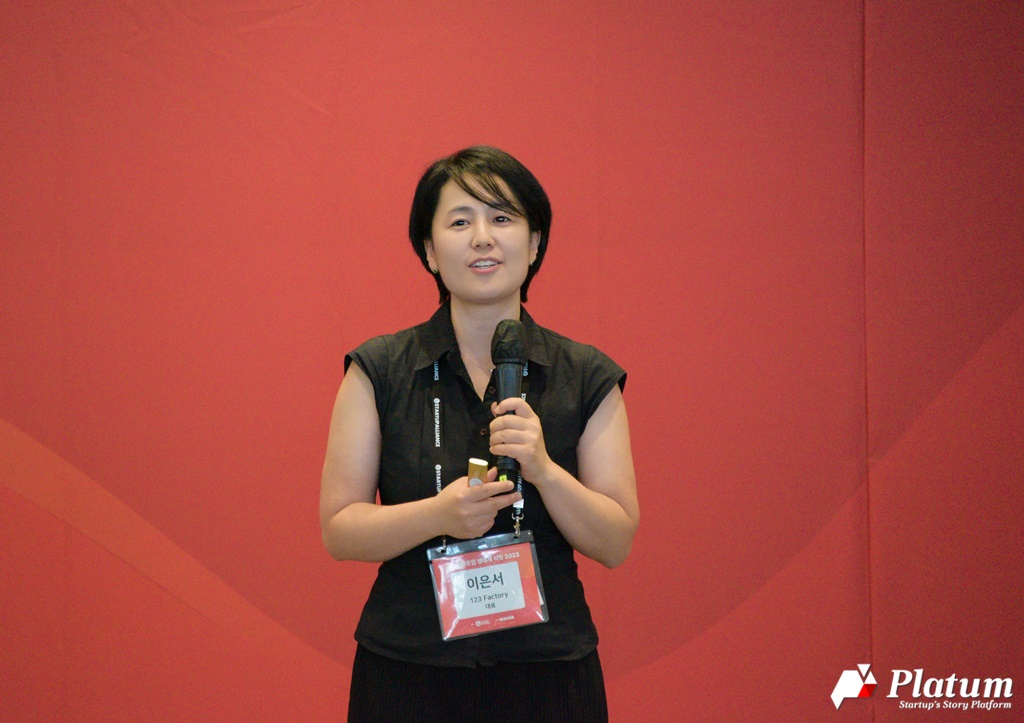
Eunseo Yi, CEO of 123 Factory, which was founded in Germany, shared the characteristics of the local startup ecosystem in Germany, including Berlin, Munich, and Hamburg.
The density of startups in Germany is high. With a population of 84.4 million, there are about 70,000 startups in Germany, and the number of startup employees is expected to reach 410,000 by 2020 and 970,000 by 2030. Germany has a plan to create the best startup ecosystem in Europe, with a budget of 10 billion euros by 2030.
“Berlin is the Mecca for German startups,” says Eunseo Yi. “Every year, 500 new startups and 80,000 new jobs are created in Berlin, and 58% of German startup investment (€3.1 billion) goes to startups here. “Berlin’s startup ecosystem is diverse and open. Around 43% of founders are foreigners, second only to Silicon Valley, and more than 60% of startup employees are from outside Germany, making it a very foreigner-friendly business environment. It’s an ecosystem of talent, investment and innovative ideas.”
“One of the advantages of the German startup ecosystem is that there is a lot of interaction between large companies and startups, and there are many M&A cases. However, it is difficult to make a simple comparison between the Korean and German startup ecosystems. The economic structure is not the same, and there are many areas where Korea is better.” “The global presence of the local startup ecosystem in Korea is still small. Seoul is ranked 24th, but other cities are far behind. We need to level the playing field across the board,” she said.
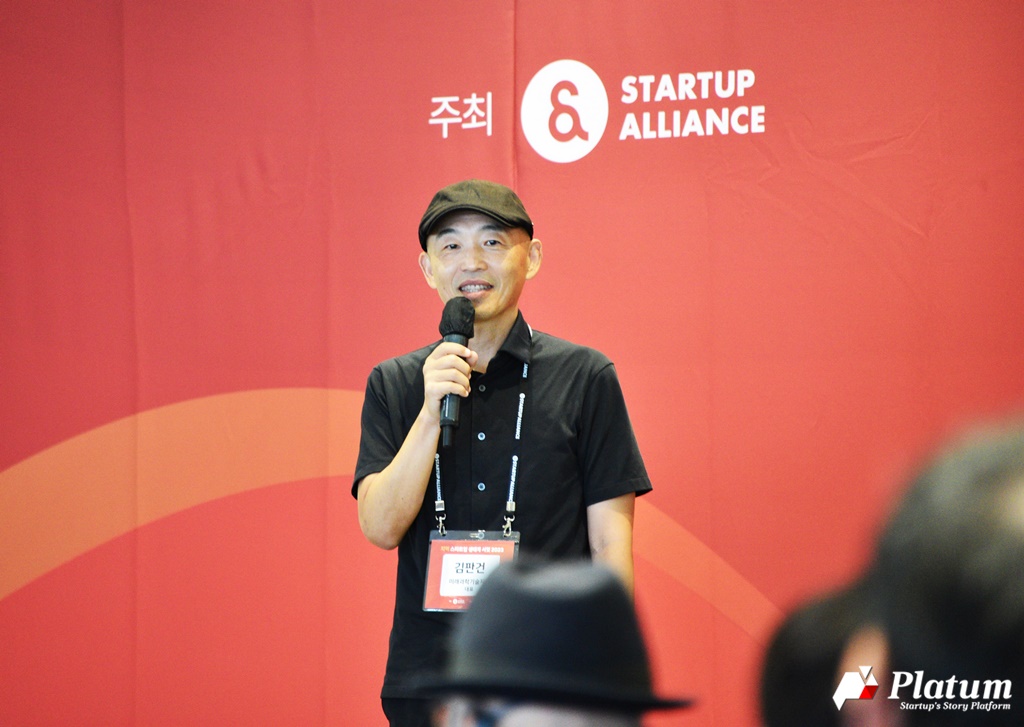
Known as a city of science and technology, Daejeon is almost the only region in Korea where the number of startups per capita is growing at the same rate as the metropolitan area. Mirae Holdings CEO Pan-gun Kim cites Daejeon’s advantages as “access to cities such as Seoul, Daegu, Busan and Gwangju, an intellectual capital and retraining center, a specialized environment for technology companies, support for early-stage companies through multiple accelerators, and easy access to technology through 16 government-funded research institutes and KAIST.
Kim advises that “density” should be increased to create a high-quality startup ecosystem. “The investment ecosystem in Daejeon has definitely improved over the past 10 years,” he said. “Going forward, to create the perception that ‘Daejeon is the place for deep-tech and deep-science startups,’ we need to nurture a lot of entrepreneurs who are passionate about the region, and they should be the center of the flow. We also need to increase the density of “time,” “issues,” and “space” so that creativity can grow, and we need a symbol that makes people feel topophilia, such as the COEX Starfield Library in Seoul. Kim expressed that an angel investment hub will be created in the Chungcheong region, connecting Daejeon, Asan, Osong and Cheongju.
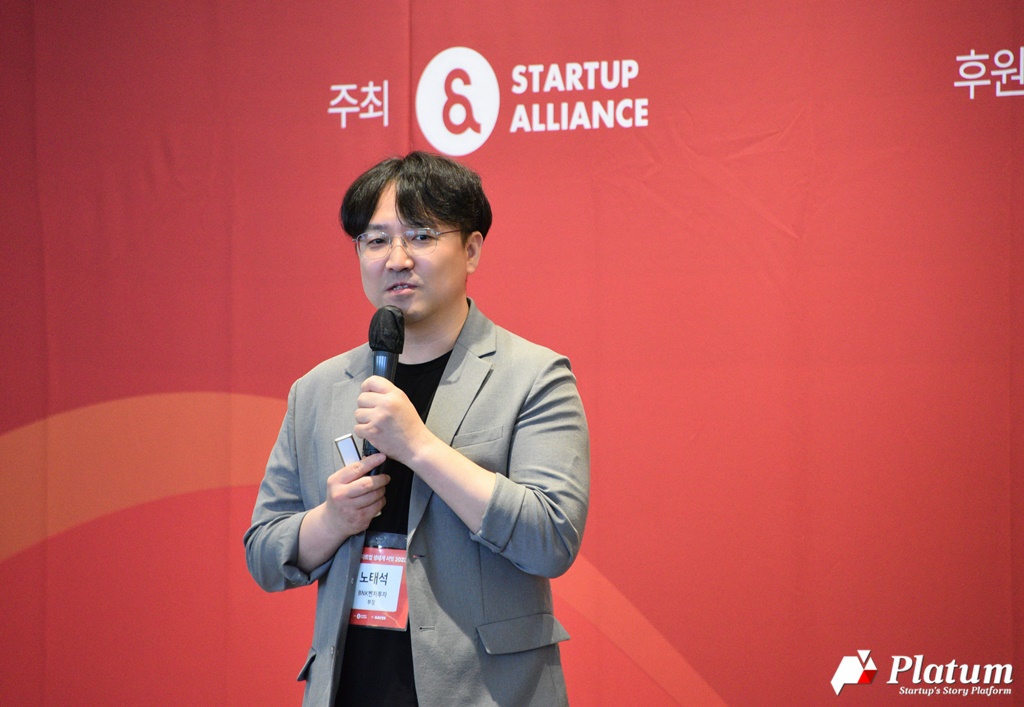
Tae-Seok Rho, director of BNK Venture Capital, introduced the Southeast ecosystem. Busan, Ulsan and Gyeongnam are considered to have the best institutions and infrastructure outside of the capital region. “Startups are almost the only breakthrough for the region’s problems. Therefore, the interest and willingness of local governments is high. However, the awareness of startups in industry, academia and research is still low. He also mentioned that institutions and local governments should focus on tangible KPIs, and staff positions are frequently rotated, resulting in slow policy adoption. In addition, there are “cherry-pickers and paper companies in accelerators, VCs and the startup scene”. He also said that the Southeast ecosystem is growing around silver care and tourism businesses.
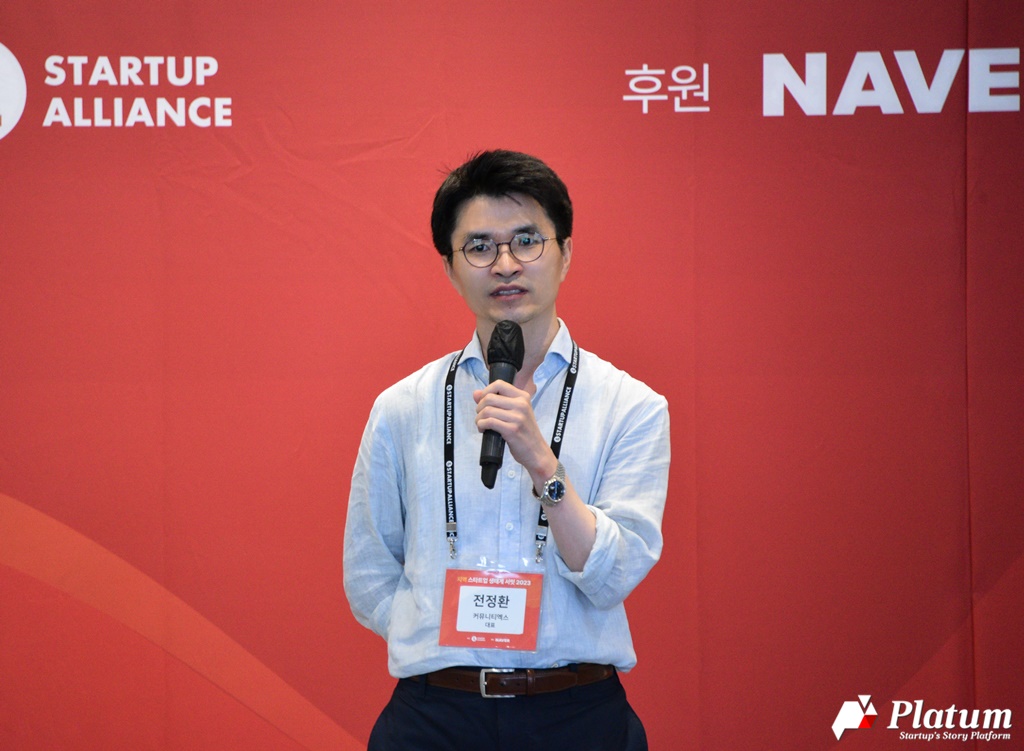
“As of 2023, Jeju’s startup ecosystem is small but diverse and robust,” said Jenghwan Jeon, CEO of CommunityX, who served as director of Jeju Center of Creative Economy Innovation for seven years until last year. It has a wide range of companies in aerospace, renewable energy, mobility, and local creatives, and is home to several accelerators, including Krypton and MYSC. However, eight years ago, in 2015, Jeju was focused on primary industries and group tourism, with no local startup organizations and no startup investment. Between 2010 and 2015, there were many missed opportunities to create a virtuous cycle of startups because there was no local ecosystem.”
Jeon cites “reliance on government-led top-down industry development, a monolithic industry structure, and a lack of diverse and creative private communities” as common problems in non-metropolitan startup ecosystems. “When I took over the Jeju Center of Creative Economy Innovation, I was thinking about building the foundation of a startup ecosystem and community. I thought about the role of intermediary support organizations in fostering the local startup ecosystem, and the conclusion I came to was to distinguish between what the public and institutions should do and what they should not do.”
“What we decided to do was not to harm the ecosystem for the sake of short-term institutional outcomes. So we decided that what we shouldn’t do is: work only for public outcomes and not for the founders; have the public do things for the private sector when the private sector could do them; compete with other organizations in the region and steal from each other; and have big budgets and big events just for show to get short-term results. On the contrary, we decided that what we should do is identify local innovators and bring in and connect those who are not local; let successful priming water projects sunset as the ecosystem grows; learn and grow with the different actors in the ecosystem (judges, investors, administration, parliament, media, etc.); and create and share knowledge about the local startup ecosystem to accelerate change.”
“In this line, we tried to constantly change the role of the institution along with the growth of the ecosystem, and the Jeju Center of Creative Economy Innovation became what it is today after seven years of such efforts,” he said.
In conclusion, Jeon emphasized, “Growing a local startup ecosystem is about ‘creating a region where fortunate opportunities abound.’ If we grow the local startup ecosystem with various players with a long-term vision of more than 10 years, more opportunities will open up for both startups and investors.”
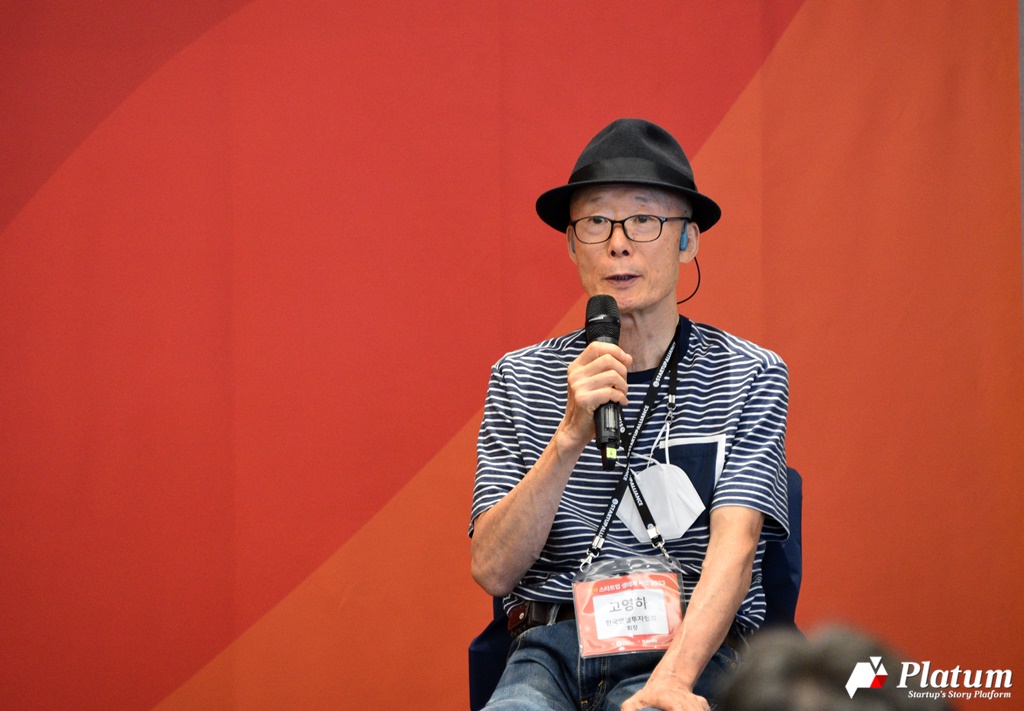
Young-ha Ko, chairman of the Korea Business Angels Association, suggested “nurturing entrepreneurial talent,” “revitalizing angel investment and growth funds,” and creating a high-quality local startup ecosystem as keys to solving urban and suburban extinction. “Globally, national competitiveness is driven by startup ecosystems. The spirit of the age is entrepreneurship, and startups are the main players in innovation,” he said. “To develop a local startup ecosystem, we need to nurture entrepreneurial talent through entrepreneurship education. We also need to reinvigorate angel investment and establish large-scale growth funds to create companies that take root in the region. In addition, leadership that can sustain policies over the long term is essential.”
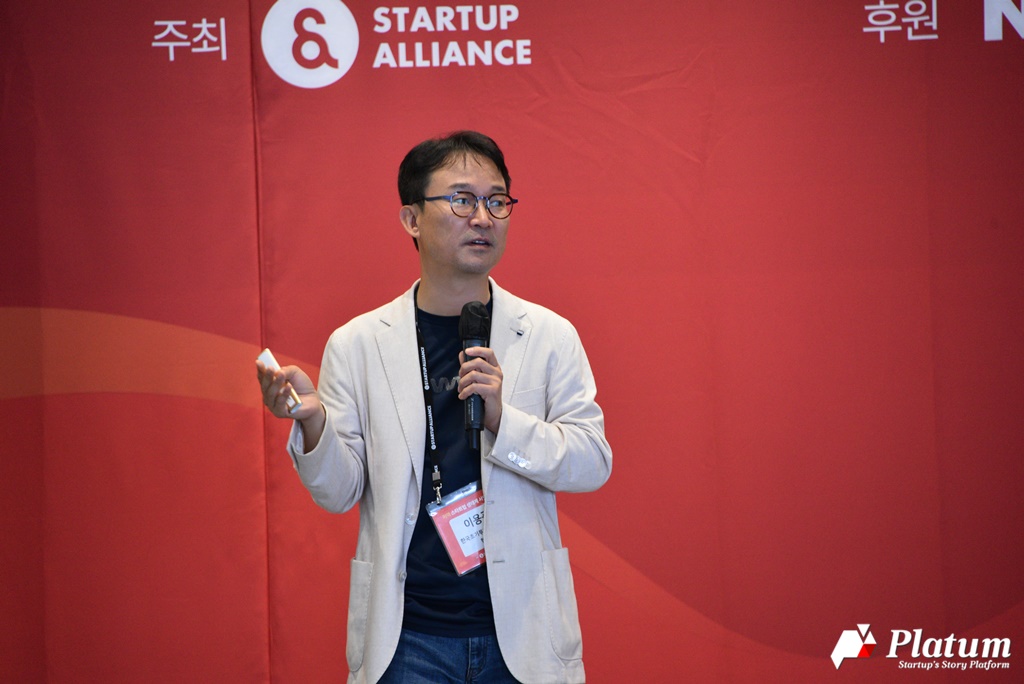
Youngkwan Lee, chairman of the Korea Early Stage Investors Association (KESIA), said, “91.3% of VCs are located in the Seoul metropolitan area. This means that there is a long distance between local companies and venture capital. This distance makes it inconvenient for VCs to discover and manage companies, and it is costly to understand the business. The reality is that it is not easy for VCs in the metropolitan area to travel frequently to the region to understand startups and make investment decisions. This not only delays investment decisions, but also hampers post-investment follow-up.”
Lee emphasized the need to solve the non-quantitative information asymmetry caused by physical distance by collaborating with local investment organizations or related companies. He said, “It is difficult for large VCs running scale-up funds to settle down because there are not many local startups. We need to strengthen the capacity and expand the role of regionally based investment organizations such as accelerators. If they can identify the unquantifiable factors and democratize trust, we will see more VC capital flowing into the region. Encouragingly, accelerators are less geo-biased than VCs. 34.1% of accelerators are located in non-metro areas.”
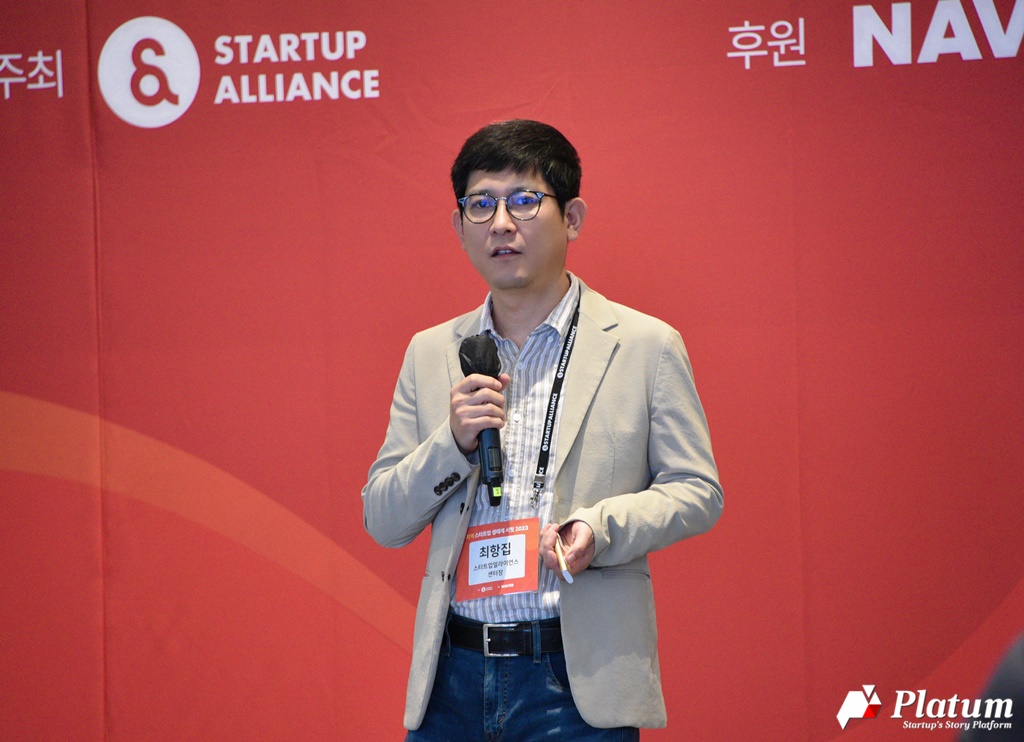
HangJip Choi, Managing Director of Startup Alliance, organizer of the summit, said, “Since the second venture boom, the status of Korean startups has increased in both quantity and quality, but the growth has not been balanced between the capital and the regions. The concentration of companies and people in the metropolitan area is deepening. The government and local governments are proposing various measures, and universities are also contributing, but it is still considered insufficient.” “At this event, the desirable ecosystem envisioned by each region and how to achieve common growth were discussed in depth. We will continue to strive for such discussions in the future.”
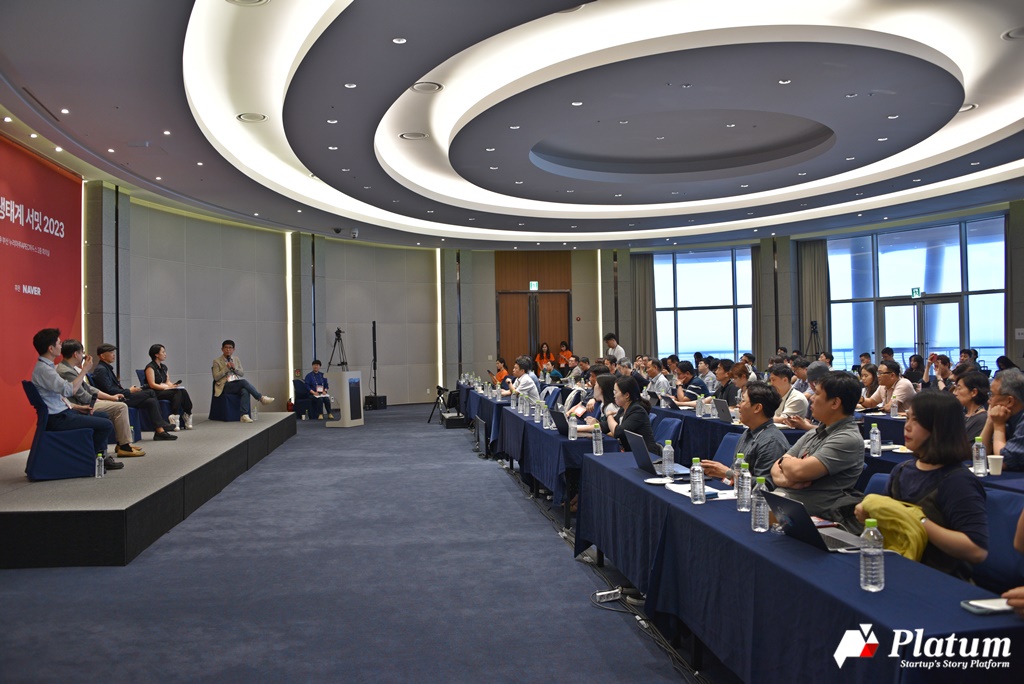
In addition to the speakers’ presentations, the summit also featured stories from private and public accelerators that invest in and incubate entrepreneurs in the local startup ecosystem. Kyungjun Yang, CEO of Krypton, Kyungseop Lee, Manager of Regional Innovation Division at Chungbuk Center of Creative Economy and Innovation, Chun-hee Kim, Head of Venture Valley Platform Section at POSCO Holdings, and Soon-Yong Kwon, Dean of Industry-Academia Cooperation at UNIST took the stage at this session.
The panel discussion was divided into two topics. First, Kidae Lee, Director of Gangwon Center of Creative Economy Innovation, Lee Jae-hoon, Head of Startup Support Division, Gyeongsangnam-do, and Sangyong Ha, Director of Gwangju Center of Creative Economy Innovation, discussed “Opportunities and Limitations of Regional Ecosystems from a Public Perspective”. Then, moderated by Hyeonjung Jung, Manager of Mark&Company, Youngduk Kim, CEO of D.Camp, Lee Ji-hoon, Secretary General of Korea Association of Technology Holdings, Choi Sungjin, CEO of Korea Startup Forum, and Tae-Young Kim, CEO of TerraLIX, discussed the strengths and weaknesses of regional ecosystems from a private perspective.
The final session focused on ways to develop the local startup ecosystem in the right direction. Kwon Oh-sang, CEO of Puzzle Lab, Kwang-Hyun Kim, Head of Value Creation at Korea Institute of Energy Technology, Yongkwan Lee, Chairman of Korea Early Stage Investors Association, and Seungrok Park, head of Digital Innovation Division at the Ministry of SMEs and Startups, discussed the right direction to revitalize the local startup ecosystem.
Meanwhile, the Regional Startup Ecosystem Summit in Busan will be held annually in different regions, starting with this year’s inaugural event.
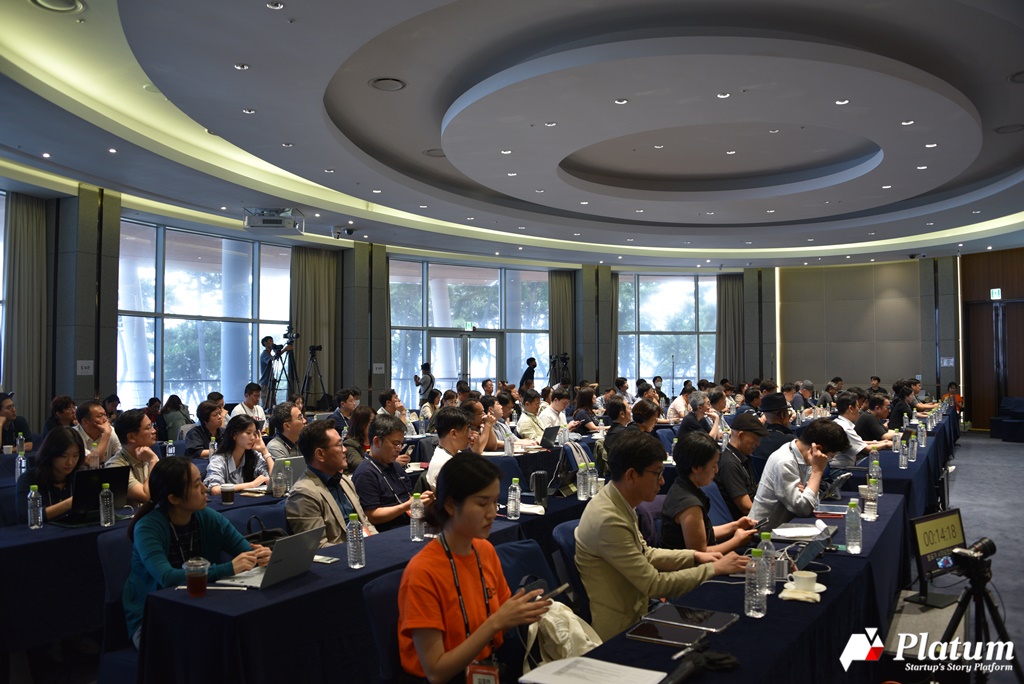
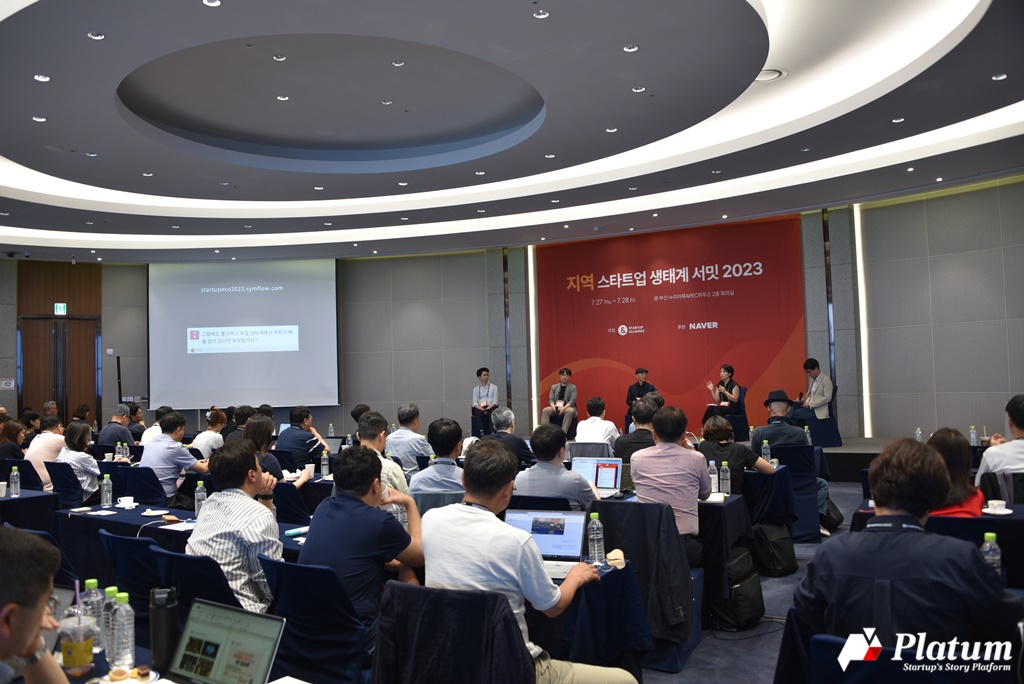

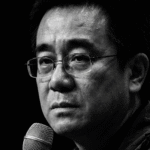





댓글 남기기